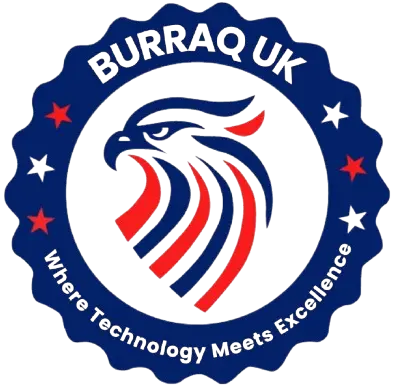ISO 22000 Food Safety Management System
ISO 22000 is an internationally recognized standard that outlines the requirements for a robust Food Safety Management System (FSMS). It helps organizations across the entire food supply chain identify, control, and reduce food safety hazards to ensure that food products are safe for consumers.
This standard combines the principles of HACCP (Hazard Analysis and Critical Control Points) with prerequisite programs, providing a comprehensive approach to food safety management. ISO 22000 supports organizations in meeting regulatory requirements and improving customer confidence through systematic hazard control and continuous improvement.

Aim of ISO 22000 Food Safety Management System
The aim of ISO 22000 is to help organizations in the food industry establish a reliable system that:
- Ensures the safety of food products from farm to table
- Controls food safety hazards effectively to minimize risks
- Meets legal, regulatory, and customer expectations for food safety
- Strengthens consumer confidence by delivering safe food consistently
- Encourages continual improvement in food safety processes and practices
Course Overview
ISO 22000 Food Safety Management System
- Food manufacturers and processors
- Farmers and agricultural producers
- Packaging suppliers
- Transport and logistics companies
- Food retailers and restaurants
- Equipment manufacturers and service providers related to food safety
| Course Code | Curriculum Title | Credit | DLH |
|---|---|---|---|
| BUK1935-1 | Scope | 3 | 15 |
| BUK1935-2 | Normative References | 3 | 15 |
| BUK1935-3 | Terms and Definitions | 3 | 15 |
| BUK1935-4 | Context of the Organization | 3 | 15 |
| BUK1935-5 | Planning | 3 | 15 |
| BUK1935-6 | Performance Evaluation | 3 | 15 |
Learning Objectives
- Scope
- Defines the applicability and boundaries of the food safety management system.
- Normative References
- Lists essential standards referenced by ISO 22000.
- Terms and Definitions
- Clarifies key terms used in the standard.
- Context of the Organization
- Understand the organization’s internal and external environment related to food safety
- Identify interested parties and their requirements
- Define the scope of the FSMS
- Leadership
- Demonstrate top management commitment to food safety
- Establish and communicate the food safety policy
- Assign roles, responsibilities, and authorities
- Planning
- Address risks and opportunities related to food safety
- Establish food safety objectives and plans to achieve them
- Plan for hazard identification and control (including HACCP principles)
- Support
- Provide necessary resources
- Ensure competence, awareness, and training
- Control documented information and communication
- Operation
- Implement operational controls to manage food safety hazards
- Manage prerequisite programs (PRPs)
- Control suppliers and outsourced processes
- Prepare for emergency situations
- Performance Evaluation
- Monitor and measure food safety performance
- Conduct internal audits and management reviews
- Ensure compliance with legal and other requirements
- Improvement
- Address nonconformities and corrective actions
- Promote continual improvement of the FSMS
Who Can Join
- Food manufacturers and processors
- Farmers and agricultural producers
- Packaging suppliers
- Storage and distribution companies
- Transport and logistics providers
- Retailers, supermarkets, and food service businesses (restaurants, catering)
- Equipment manufacturers and maintenance providers related to food production
- Any organization that directly or indirectly handles food or food-related products
- All Modules within this qualification are assessed internally by the approved training Centre and externally verified by BURRAQ UK. The program uses a criterion-referenced assessment approach to ensure that learners successfully meet all required learning outcomes.
- A Pass in any unit is granted only when the learner submits valid, reliable, and authentic evidence that demonstrates achievement of the assessment criteria. The Assessor is responsible for reviewing this evidence and confirming that the learner has attained the expected standard.
